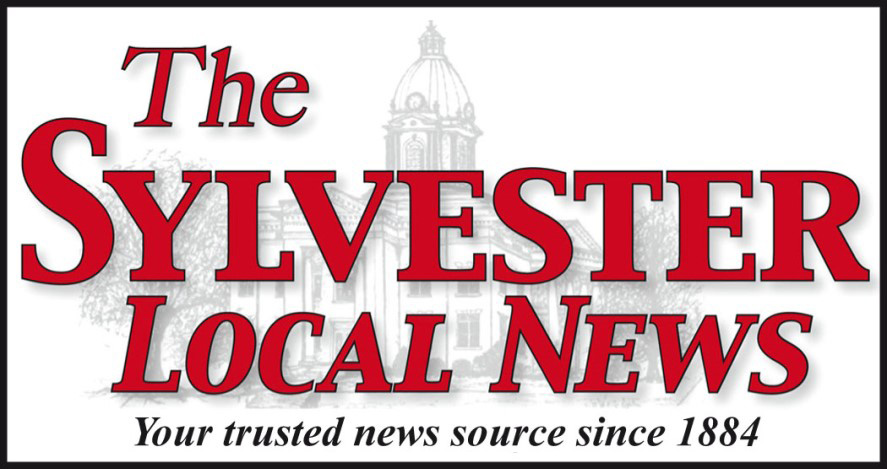A couple of close calls involving appliance fires last week illustrates the need to practice fire safety as the cool weather sets in and residents begin using heaters this fall. On Tuesday of last week, Worth County Fire Rescue responded to a call in Poulan because a clothes dryer had caught fire. Luckily, the resident was home and identified the source of the smoke quickly, and WCFR arrived in time to minimize the damage.
According to the National Fire Protection Agency, fires involving clothes dryers and washing machines accounted for approximately 16,800 structure fires in 2010. These fires caused 51 deaths, 380 injuries, and $236 million in property damage. The NFPA also concluded that 29 percent of these fires were ignited by dryer lint, 28 percent of the fires were caused by clothing, and 26 percent were started with faulty wiring.
While dryer fires are certainly not a result of the cooler weather, it’s still important to use caution year around to keep your family and home safe. The NFPA offers the following tips concerning dryer safety:
• Have your dryer installed and serviced by a professional.
- Do not use the dryer without a lint filter.
- Make sure you clean the lint filter before or after each load of laundry. Remove lint that has collected around the drum.
- Rigid or flexible metal venting material should be used to sustain proper air flow and drying time.
- Make sure the air exhaust vent pipe is not restricted and the outdoor vent flap will open when the dryer is operating. Once a year, or more often if you notice that it is taking longer than normal for your clothes to dry, clean lint out of the vent pipe or have a dryer lint removal service do it for you.
- Keep dryers in good working order. Gas dryers should be inspected by a professional to make sure that the gas line and connection are intact and free of leaks.
- Make sure the right plug and outlet are used and that the machine is connected properly.
- Follow the manufacturer’s operating instructions and don’t overload your dryer.
- Turn the dryer off if you leave home or when you go to bed.
Then on Friday of last week, the Sylvester Fire Department was called to a home on Martin Luther King, Jr. Drive regarding an electrical fire. When firefighters arrived on scene, they found extension cords used to power a space heater and a box fan. The heater’s power cord was laying on top of the cord for the box fan and the two cords melted together. When the fan shorted out, a fire began. Again, firefighters arrived in time to minimize the damage.
According to NFPA statistics, heating equipment accounted for approximately 53,600 fires in 2011. Approximately 400 people died from these fires, 1,520 people were injured, and almost $900 million worth of property was destroyed.
SFD Chief Jack Colby says the fall is a critical time for families to practice fire prevention. As the chief explains,
“People are firing up their heaters after they haven’t been used all year. If you’re going to use an electric space heater, you need to plug it directly into the wall, you need to keep all combustibles at least three feet away, and you need to make sure it’s rated so that it will shut off if it tips over.”
Colby also stresses the importance of having gas heaters checked before they are used this winter as SFD has already responded to a few calls regarding gas leaks. He says to make sure that your gas powered appliances are properly inspected and cleaned by a professional every year to prevent carbon monoxide poisoning. Additionally, the chief states,
“If you have a gas leak, don’t turn anything on or off. Get out of the house and call 911 from somewhere else.”
Finally, with the time change this weekend, Colby reminds all local residents to check their smoke detectors. Ensure that the smoke detector is functioning properly and change the batteries. SFD still provides smoke detectors to the public, free of charge.

